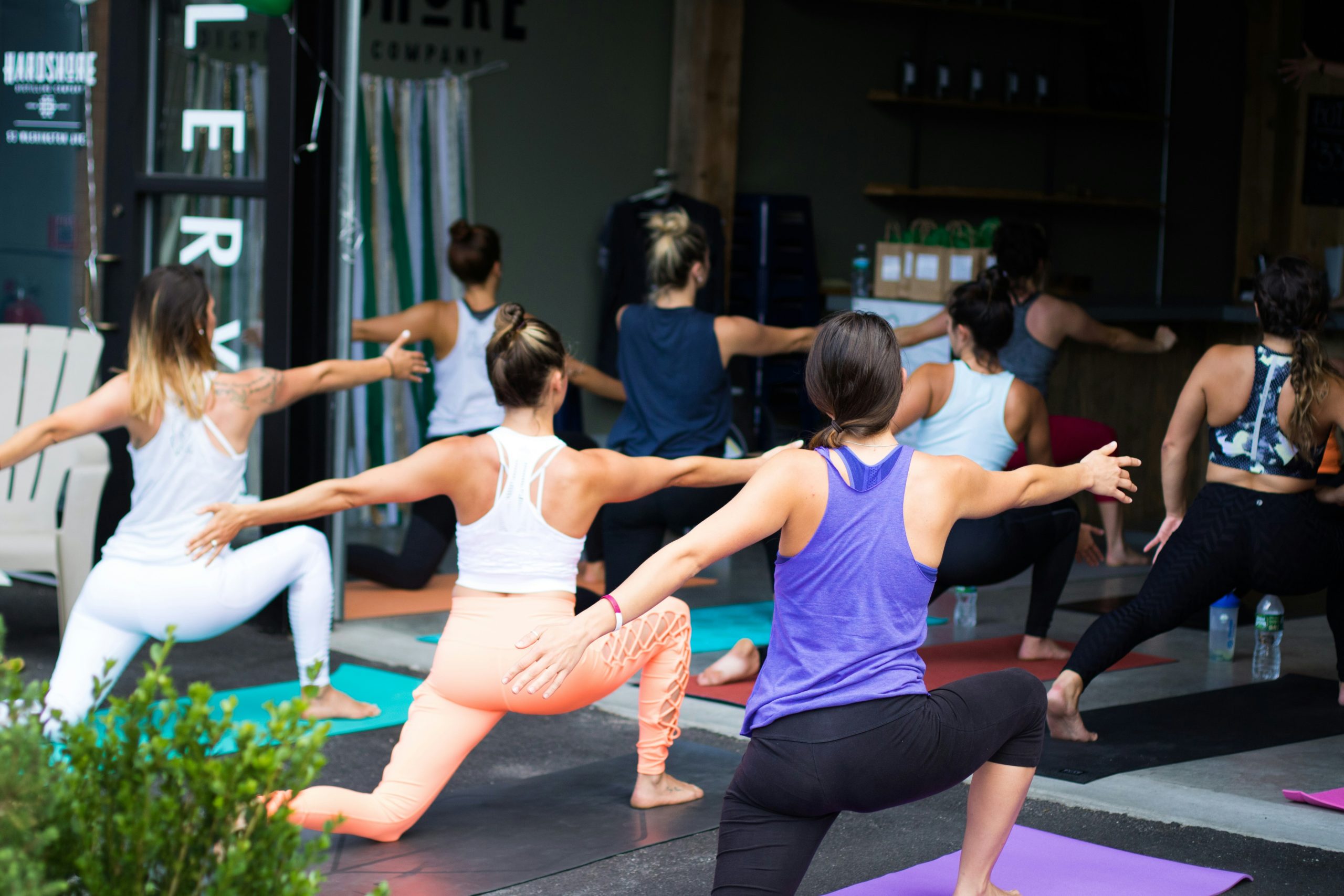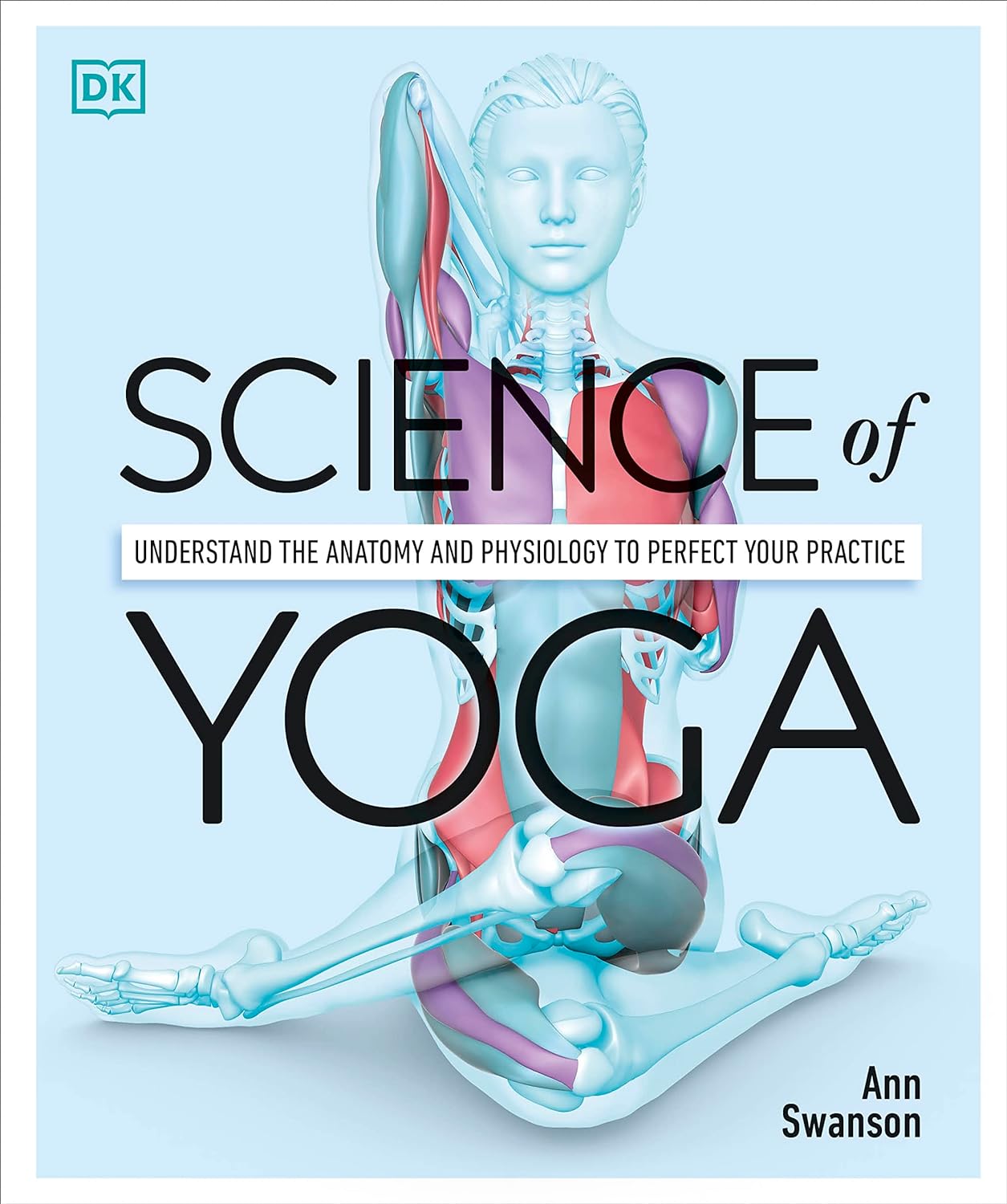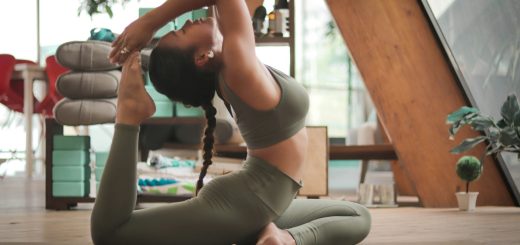Yoga for Mental Health: Stress and Anxiety Relief

Before diving in, please note: This post is for informational purposes only. If you’d like to know more about how we approach topics, feel free to check out our friendly Disclaimer Page.
Hey there, amazing readers! 🖐️ Just a quick note: yes, we know there are a lot of ads here. Trust us, we get it—it’s not the prettiest look, but they help us keep this blog alive and kicking. Those pesky little ads cover the costs of all the behind-the-scenes magic, from hosting and tech stuff to creating content we hope you’ll love.
We’re committed to delivering quality posts, and your support (even just sticking around despite the ads) means everything to us. So, bear with us, and thanks for helping us keep the good vibes rolling. Now, on to the fun stuff! 😉
TRANSLATE BUTTON AT THE END OF THE ARTICLE
Introduction to Yoga for Mental Health
Yoga is a centuries-old practice that not only benefits physical health but also has profound effects on mental well-being.
In today’s fast-paced world, stress and anxiety have become prevalent issues for many individuals.
Yoga offers a holistic approach to managing these mental health challenges, providing a way to calm the mind, reduce tension in the body, and promote overall relaxation.
By incorporating yoga into your daily routine, you can experience a significant improvement in your mental health and well-being.
Understanding Stress and Anxiety
Stress and anxiety are common emotional responses to the challenges of daily life.
Stress can manifest as tension, irritability, and an inability to relax, while anxiety can lead to feelings of worry, fear, and unease.
When left unaddressed, chronic stress and anxiety can have detrimental effects on both mental and physical health.
It is crucial to find healthy ways to manage these emotions to prevent them from escalating into more serious conditions such as depression or panic disorders.
Benefits of Yoga for Stress Relief
Yoga offers a variety of benefits for stress relief, making it an effective tool for managing everyday pressures.
Through the practice of yoga postures, known as asanas, individuals can release physical tension, improve flexibility, and increase relaxation.
Additionally, the focus on breath control in yoga helps to calm the mind and reduce stress levels.
Regular practice of yoga has been shown to lower cortisol levels, the hormone associated with stress, leading to a greater sense of peace and well-being.
How Yoga Helps with Anxiety
Yoga can be particularly beneficial for managing anxiety due to its focus on mindfulness and relaxation.
The meditative aspect of yoga encourages individuals to be present in the moment, letting go of worries about the past or future.
This mindfulness practice can help reduce the intensity of anxious thoughts and promote a sense of calm.
Furthermore, the physical movements in yoga can help release tension in the body, which is often held during times of anxiety.
By combining breath awareness, movement, and mindfulness, yoga provides a comprehensive approach to alleviating anxiety symptoms.
Types of Yoga Poses for Stress
There are specific yoga poses that are particularly effective for reducing stress and promoting relaxation.
Some common poses include:
Child’s pose: This gentle pose helps to release tension in the back, neck, and shoulders.
Forward fold: This pose allows for a deep stretch in the hamstrings and lower back, promoting relaxation.
Legs up the wall: By elevating the legs, this pose can help reduce swelling and promote circulation, aiding in relaxation.
Corpse pose: This final relaxation pose allows the body to fully relax and integrate the benefits of the practice.
Breathing Techniques for Relaxation
In addition to yoga poses, breathing techniques, known as pranayama, play a significant role in promoting relaxation and reducing stress.
One common technique is deep belly breathing, where individuals focus on breathing deeply into the abdomen, rather than shallow chest breathing.
This can help activate the body’s relaxation response and calm the mind.
Another effective technique is alternate nostril breathing, where individuals alternate breathing through each nostril to balance the body’s energy channels.
By incorporating these breathing exercises into your yoga practice, you can enhance the overall benefits for stress relief.
Yoga Nidra for Deep Relaxation
Yoga Nidra, also known as yogic sleep, is a powerful technique for deep relaxation and stress relief.
In this practice, individuals lie down in a comfortable position and are guided through a series of relaxation exercises, body scans, and visualizations.
Yoga Nidra helps induce a state of deep relaxation while maintaining awareness, making it an effective tool for reducing stress and anxiety.
Regular practice of Yoga Nidra can improve sleep quality, enhance focus and concentration, and promote emotional well-being.
Creating a Yoga Routine for Mental Health
To experience the full benefits of yoga for mental health, it is essential to create a consistent yoga routine.
Start by setting aside dedicated time each day for your practice, whether it’s in the morning to set a positive tone for the day or in the evening to unwind and relax.
Choose a quiet, peaceful space where you can practice without distractions.
Focus on incorporating a mix of yoga poses, breathing techniques, and relaxation practices to address both physical and mental aspects of stress and anxiety.
Mindfulness and Meditation in Yoga
Mindfulness and meditation are integral components of yoga that can significantly enhance the benefits for mental health.
Mindfulness involves being fully present in the moment, observing thoughts and sensations without judgment.
Through mindfulness practice, individuals can cultivate a greater sense of awareness and acceptance, leading to reduced stress and anxiety.
Meditation, on the other hand, involves focusing the mind on a specific object, thought, or mantra to promote relaxation and mental clarity.
By incorporating mindfulness and meditation into your yoga practice, you can deepen your connection to yourself and experience profound mental health benefits.
Practicing Yoga for Emotional Regulation
Yoga can also be a valuable tool for emotional regulation, helping individuals manage intense emotions and cultivate a sense of balance.
Through the practice of yoga, individuals can develop greater self-awareness, allowing them to recognize emotional triggers and respond more skillfully.
By incorporating heart-opening poses, such as backbends, individuals can release stored emotions and create space for positive feelings.
Yoga teaches individuals to connect mind, body, and breath, promoting a sense of harmony and emotional well-being.
Incorporating Yoga into Daily Life
Incorporating yoga into your daily life goes beyond the physical practice on the mat.
It involves adopting a yogic mindset that values self-care, compassion, and mindfulness in all aspects of life.
Take time each day to practice gratitude, reflect on positive experiences, and cultivate a sense of inner peace.
Find ways to incorporate yoga principles, such as ahimsa (non-harming) and santosha (contentment), into your interactions with others and yourself.
By living a yogic lifestyle, you can experience lasting benefits for your mental health and overall well-being.
Seeking Professional Help when Needed
While yoga can be a valuable tool for managing stress and anxiety, it is essential to seek professional help when needed.
If you are experiencing severe or persistent symptoms of stress or anxiety, it is advisable to consult a mental health professional for personalized support.
A therapist or counselor can provide guidance, coping strategies, and treatment options to help you address underlying issues and develop healthy ways to manage your mental health.
Remember that it is okay to ask for help and that support is available to assist you on your journey towards improved mental well-being.
Conclusion
In conclusion, yoga offers a powerful approach to managing stress and anxiety, promoting relaxation, mindfulness, and emotional regulation.
By incorporating yoga poses, breathing techniques, and relaxation practices into your daily routine, you can experience significant improvements in your mental health and overall well-being.
Remember to create a consistent yoga practice, incorporate mindfulness and meditation, and seek professional help when needed to address any underlying issues.
Embrace the transformative power of yoga for mental health and embark on a journey towards a calmer, more balanced life.

The Enlightenment Journey is a remarkable collection of writings authored by a distinguished group of experts in the fields of spirituality, new age, and esoteric knowledge.
This anthology features a diverse assembly of well-experienced authors who bring their profound insights and credible perspectives to the forefront.
Each contributor possesses a wealth of knowledge and wisdom, making them authorities in their respective domains.
Together, they offer readers a transformative journey into the realms of spiritual growth, self-discovery, and esoteric enlightenment.
The Enlightenment Journey is a testament to the collective expertise of these luminaries, providing readers with a rich tapestry of ideas and information to illuminate their spiritual path.
Our Diverse Expertise 🌟
While our primary focus is on spirituality and esotericism, we are equally passionate about exploring a wide range of other topics and niches 🌍📚. Our experienced team is dedicated to delivering high-quality, informative content across various subjects ✨.
To ensure we provide the most accurate and valuable insights, we collaborate with trusted experts in their respective domains 🧑🏫👩🏫. This allows us to offer well-rounded perspectives and knowledge to our readers.
Our blog originally focused on spirituality and metaphysics, but we’ve since expanded to cover a wide range of niches. Don’t worry—we continue to publish a lot of articles on spirituality! Frequently visit our blog to explore our diverse content and stay tuned for more insightful reads.






